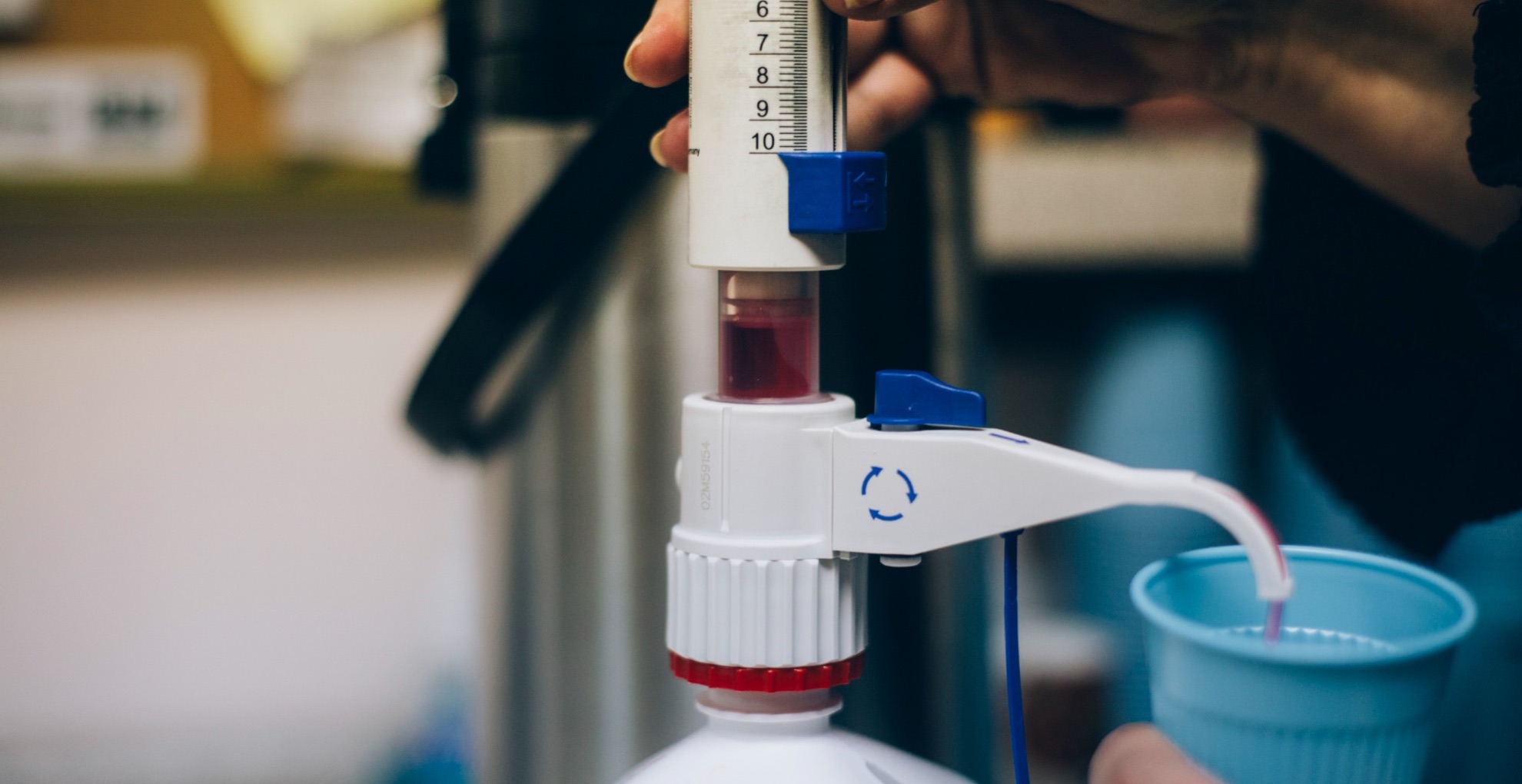In November 2022, Nigeria’s National Drug Law Enforcement Agency, known as NDLEA, announced that they had uncovered plans to introduce fentanyl, the deadly synthetic opioid 50 times more potent than heroin, to the country’s illicit drug trade. This May, the drug’s presence in Nigeria was confirmed after a NDLEA drug bust. The country’s health care system, already stretched thin by communicable diseases and a lack of funding, may find itself ill-prepared to tackle an opioid crisis caused by the drug.
According to Nigeria’s first national drug survey, released in 2019, an estimated 4.6 million people — 4.7 percent of the population — had used opioids for non-medical purposes in 2017. Globally, this placed Nigeria among the countries with high estimates of non-medical opioid use, with tramadol being the most common opioid misused. In 2016, NDLEA reported the seizure of over 55 tons of tramadol, with the amount seized rising to over 79 tons in 2017.
In the U.S., the opioid crisis has resulted in a staggering number of opioid-involved overdose deaths — more than 80,000 in 2021, according to the Centers for Disease Control and Prevention. Synthetic opioids, primarily fentanyl, were responsible for nearly 90 percent of those deaths. Fentanyl is massively more potent and hazardous compared with the tramadol circulating in West Africa, so the overdose deaths in Nigeria have likely not yet reached the same level of severity, though it is hard to tell due to a lack of effective monitoring systems. Another factor that has led to different outcomes in the two regions is that across West Africa, patients receive fewer opioid prescriptions and experience untreated pain, whereas overprescribing of opioid painkillers has been one component of the North American opioid crisis.
However, Nigeria, with its burgeoning population and strained health care infrastructure, could be particularly vulnerable if fentanyl becomes a staple in the illicit drug trade. Another troubling dynamic is that fentanyl is used as an adulterant or cutting agent for both opioid and non-opioid substances available on the drug market. So primary users of these drugs could be inadvertently exposed to fentanyl if it becomes established in Nigeria.
The overwhelming lack of professional health care providers — especially doctors, with a population ratio of one doctor to 8,836 people in 2022 — will likely contribute to the numbers of potential overdose deaths. The majority of the primary health care centers, which are established in each political ward and managed by local authorities, are deplorable, with too few locations, deficient leadership, high waiting times (up to six to nine hours), corruption, and poorly performing health policies. The next higher level of care is provided at general hospitals overseen by state governments, serving multiple local governments. Specialized care and medical training are offered by federal government-run hospitals, including teaching hospitals and federal medical centers.
The lack of funding also cannot be overstated. Despite Nigeria being a signatory to the 2001 Abuja Declaration, which included a pledge to allocate at least 15 percent of the annual budget to improving the health sector, the country has consistently allocated less than about 6 percent to health care. This falls short of the budget percentages of other sub-Saharan African countries with fewer means. In 2022, the health budget amounted to only 4.3 percent of the total budget, which translated to approximately 3,453 Nigerian naira, or about $4.50, per capita — a sum that is incapable of providing access to health care for anyone.
This is how all of this translates in practice: When a patient with an overdose comes into the emergency room where I work as a physician, the chance of survival really is up in the air. The patient has usually come a long way to encounter two doctors covering the entire ER, a lack of bedspace, and, when needed, lifesaving measures that involve basic CPR that is commonly done without an automated external defibrillator.
Among us health workers, there’s an unspoken consensus that although we will try our best, this person will likely not survive. Concurrently, bereavement counseling for patient relatives starts almost from the beginning.
For people seeking treatment for addiction, the national drug survey also revealed another concerning reality. Among high-risk drug users, two-thirds reported that they needed drug treatment. However, about 40 percent of those who wanted treatment were unable to access it. Barriers to access include the cost of treatment, the availability of services, and the stigma associated with receiving drug treatment and with substance use in general. Fentanyl joining the mix will only exacerbate these problems.
Support Undark MagazineUndark is a non-profit, editorially independent magazine covering the complicated and often fractious intersection of science and society. If you would like to help support our journalism, please consider making a donation. All proceeds go directly to Undark’s editorial fund.
|
If you were to ask me if Nigeria’s health care system can handle a fentanyl epidemic to any extent, my answer and, I believe, that of most of my colleagues would be “no.” And action against this looming reality cannot be left to the NDLEA alone.
Even though restrictions and policies exist to reshape the trade of tramadol especially, it remains readily available for purchase in drugstores, open-air markets, and even on street corners.
To effectively tackle what could become a fentanyl crisis in Nigeria, a multi-faceted approach is imperative. Robust monitoring and surveillance mechanisms must be put in place to diligently track the infiltration of fentanyl and other synthetic opioids into the market. Concurrently, comprehensive nationwide awareness campaigns are essential to educate the populace about the severe risks associated with fentanyl and similar substances. Equally crucial is the specialized training of health care professionals and the fortification of emergency room facilities with the necessary lifesaving equipment. Underpinning all these efforts, however, is the pressing need for rigorous research to provide empirical evidence that will inform and validate these strategies.
Temidayo Abass is a Nigerian freelance writer and physician. Her writing focuses on health, climate change, gender issues, and the environment.











